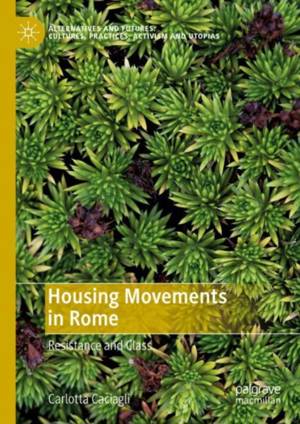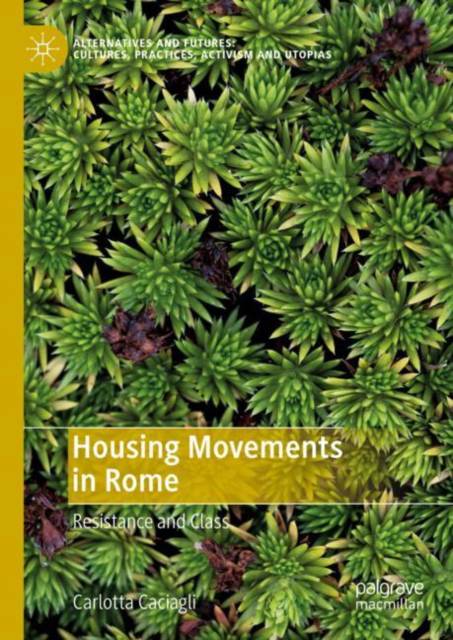
- Retrait gratuit dans votre magasin Club
- 7.000.000 titres dans notre catalogue
- Payer en toute sécurité
- Toujours un magasin près de chez vous
- Retrait gratuit dans votre magasin Club
- 7.000.0000 titres dans notre catalogue
- Payer en toute sécurité
- Toujours un magasin près de chez vous
Description
This book explores contemporary challenges of housing movement organizations, looking specifically at the case of Rome, Italy. The work identifies conditions that allow the re-composition of a class of housing dispossessed and, consequently, the features of its action in urban spaces. The book offers fresh analytical perspectives to understanding contemporary urban transformation via new spatial and strategic approaches. In striking detail, Carlotta Caciagli shows how space is a crucial variable in shaping the strategies that allow for the politicisation of a movement's social base. She illustrates how new spatial configurations of urban space result from unique struggles of the recomposed collective subject. Most notably, three main conceptual tools are introduced to disentangle the relationship between the recomposed precarious class and space: "the spatial opportunity structure", "configurations of strategies" and "educational sites of resistance".
Spécifications
Parties prenantes
- Auteur(s) :
- Editeur:
Contenu
- Nombre de pages :
- 318
- Langue:
- Anglais
- Collection :
Caractéristiques
- EAN:
- 9789811627378
- Date de parution :
- 21-12-21
- Format:
- Livre relié
- Format numérique:
- Genaaid
- Dimensions :
- 148 mm x 210 mm
- Poids :
- 557 g

Les avis
Nous publions uniquement les avis qui respectent les conditions requises. Consultez nos conditions pour les avis.






